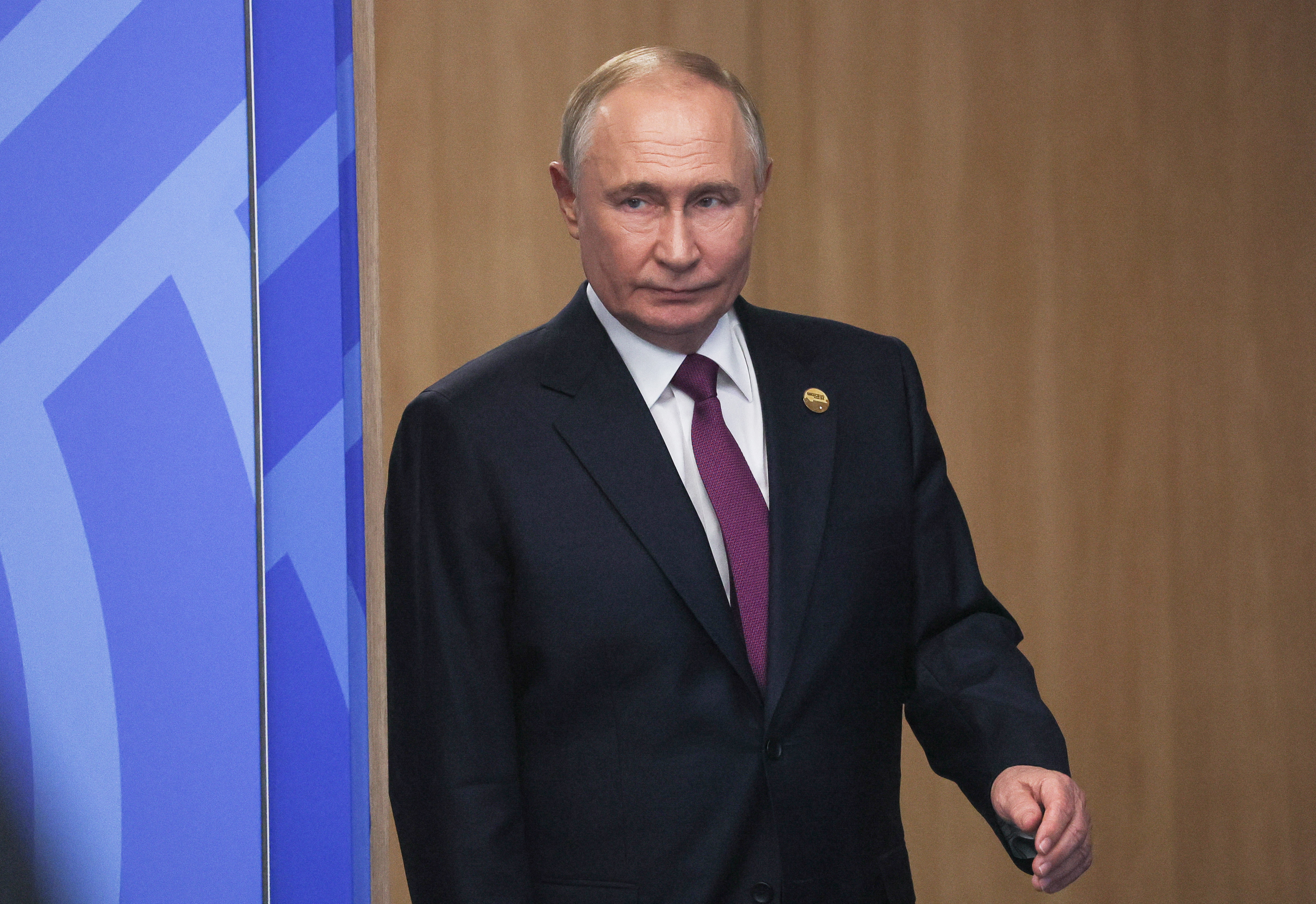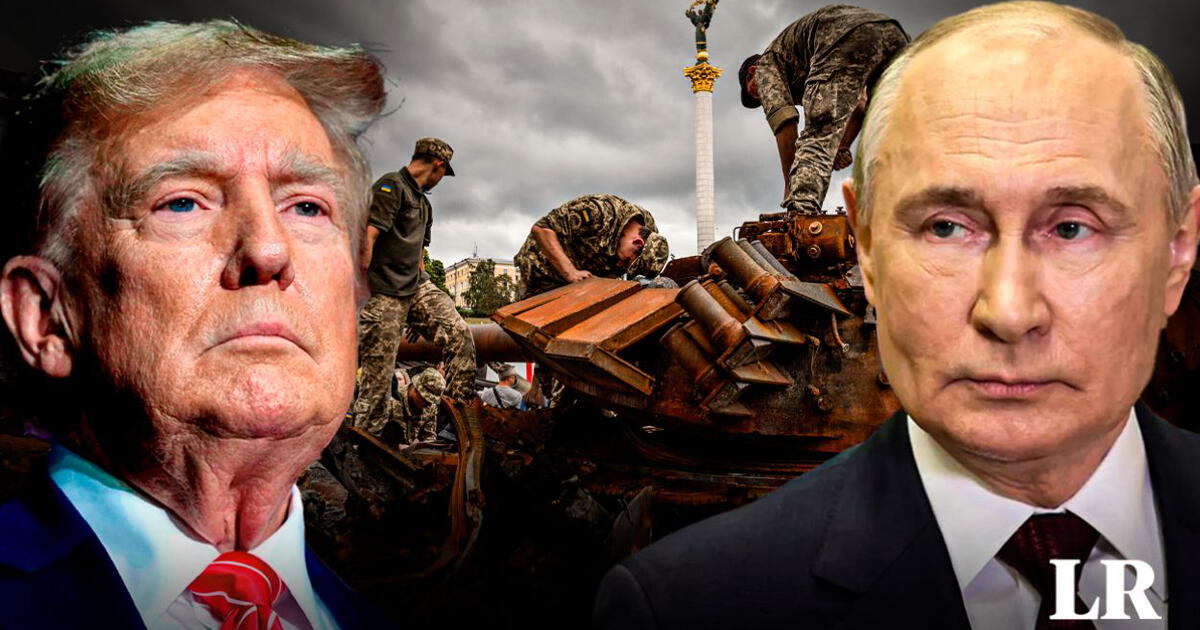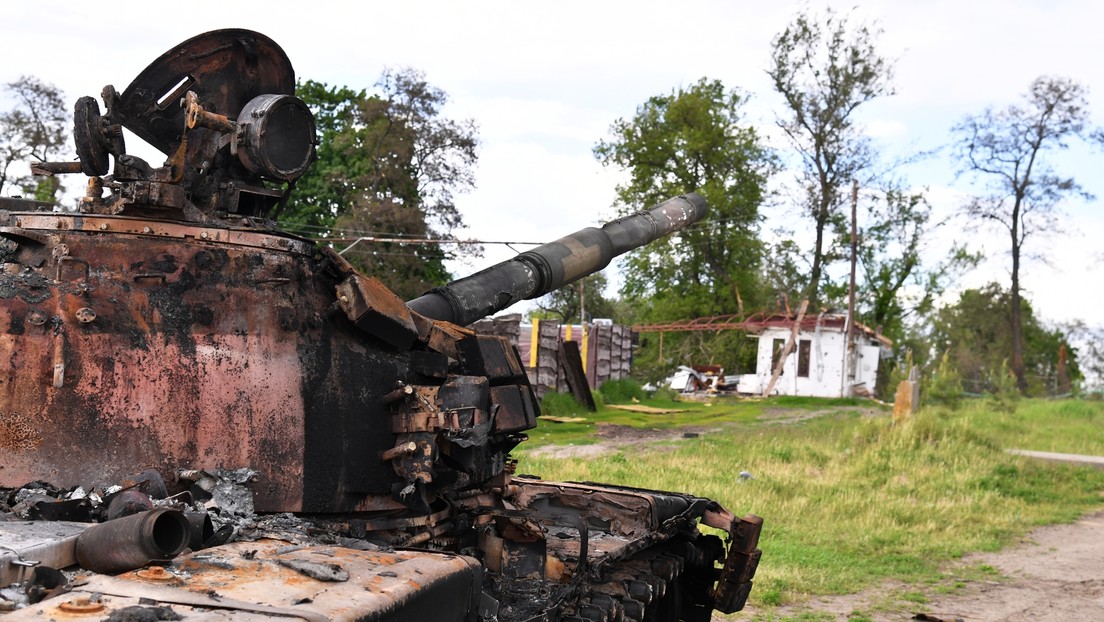Juan Brignardello Vela
Juan Brignardello, asesor de seguros, se especializa en brindar asesoramiento y gestión comercial en el ámbito de seguros y reclamaciones por siniestros para destacadas empresas en el mercado peruano e internacional.




The recent announcement by Russian President Vladimir Putin has heightened tensions in the already volatile conflict between Russia and Ukraine, raising the alarming possibility that the situation could evolve into a war of global proportions. In his speech on Thursday, Putin did not hesitate to point out that the conflict has taken on elements of "global character," while threatening to attack Western powers that have supplied weapons to Ukraine, which have been used in attacks against Russian territory. This escalation of hostilities occurs in a context marked by Russia's launch of a medium-range ballistic missile, designed to carry a nuclear warhead, although this time it was equipped with conventional explosive payloads. This offensive was confirmed by Putin, who described the attack as a response to recent Ukrainian bombings on Russian territory, in which ATACMS and Storm Shadow missiles, supplied by the United States and the United Kingdom, respectively, were used. Ukrainian President Volodymyr Zelensky characterized the Russian action as that of a "mad neighbor" using Ukraine as a testing ground for its military arsenal. Zelensky expressed his frustration through social media, lamenting the lack of a strong response from the international community to these provocations. In his opinion, it is imperative that the world reacts firmly and pressures Russia to seek real peace, which he believes can only be achieved through the use of force. Tensions between the two countries have intensified significantly after Russia confirmed the launch of a new type of hypersonic ballistic missile. This assertion was met with concern, especially by international organizations such as the UN, which viewed this act as a "new worrying development" in the conflict. The medium-range missiles fired by Russia have the capability to reach distances of up to 5,500 kilometers, representing a significant shift in the dynamics of the confrontation. The Kremlin, through its spokesman Dmitry Peskov, assured that Russia had notified the United States 30 minutes in advance of its intention to carry out the launch, underscoring Moscow's attempt to avoid further escalation with the West. However, this has not alleviated concerns about a potential wider war, given the deployment of North Korean troops in support of Russian forces, adding another layer of complexity to the situation. The repercussions of these events are significant not only for Ukraine but for the global order in general. The European Union and the United Kingdom have characterized the Russian action as an "escalation," and Ukraine's allies now face the difficult decision of how to respond to Putin's threats. Many observers argue that Ukraine’s use of ATACMS and Storm Shadow missiles to target Russian positions has crossed a line that Moscow had warned was a critical point. The increase in hostility and constant attacks in various regions of Ukraine, such as Dnipro and Kryvyi Rih, have left many civilians injured and intensified suffering in a country that has already been in conflict since the Russian invasion in February 2022. The situation is alarming, especially with the nuclear threat posed by Russia, which has updated its doctrine to allow the use of nuclear weapons against nations that do not possess them but are backed by a nuclear power, clearly referring to the United States and its support for Ukraine. Ukrainian authorities are increasingly concerned about the possibility of being forced to negotiate under unfavorable conditions as Russian forces continue to advance on the ground. Pressure on Zelensky and his government is mounting as they seek to secure international support to maintain their position in the war. As the conflict escalates, the international community watches closely, fearing that this may be the beginning of an era of hostilities that could reshape the global geopolitical map. The coming weeks will be crucial in determining whether a further escalation in this conflict can be avoided and whether diplomacy still has a place in the pursuit of a peaceful resolution.








